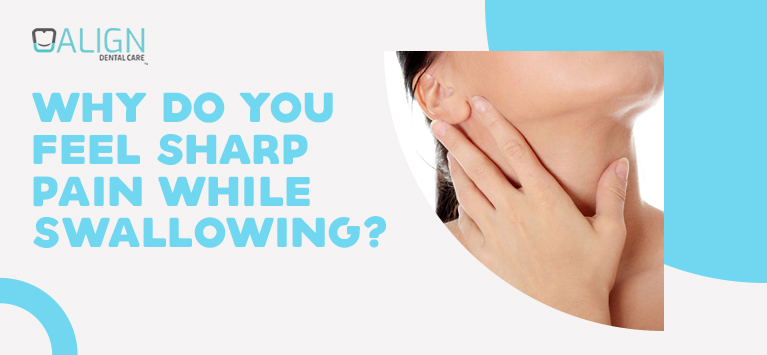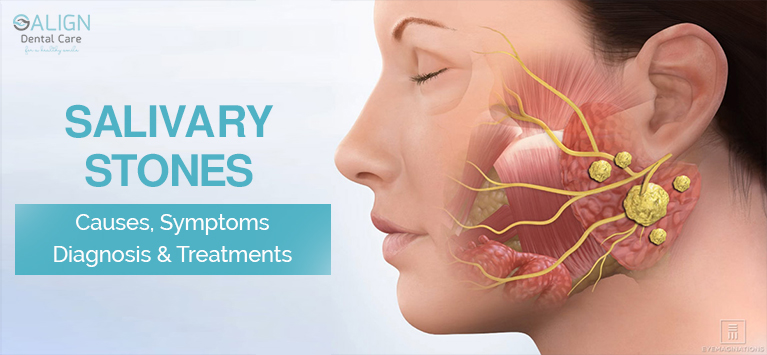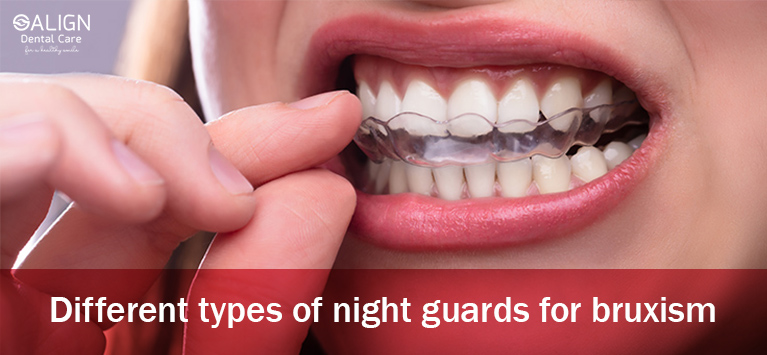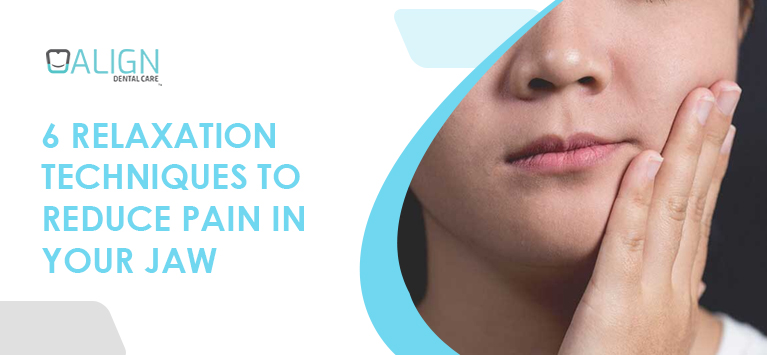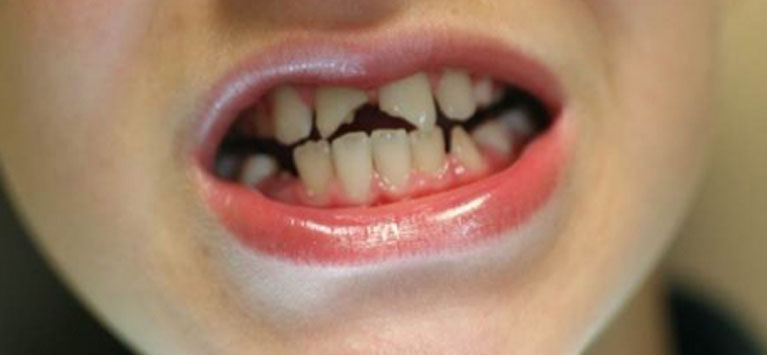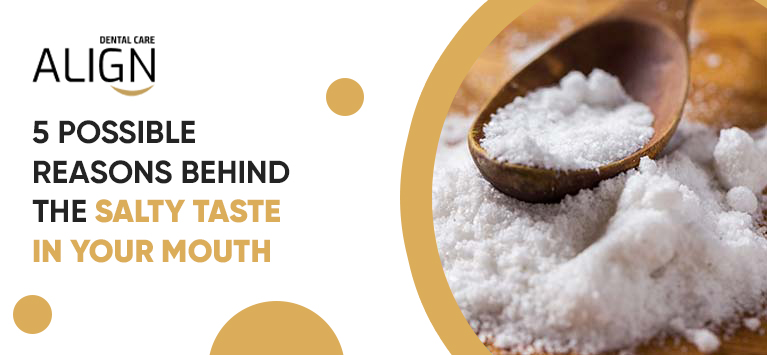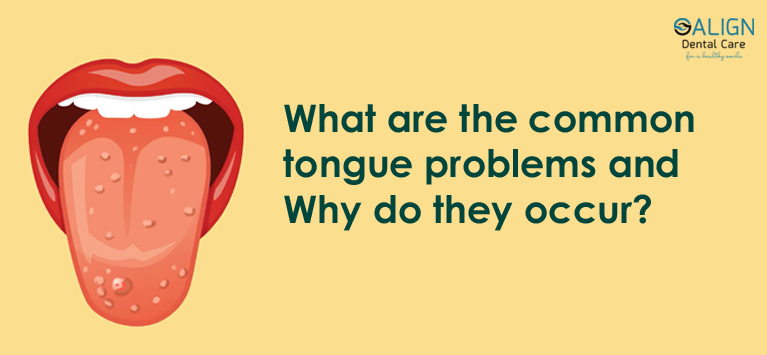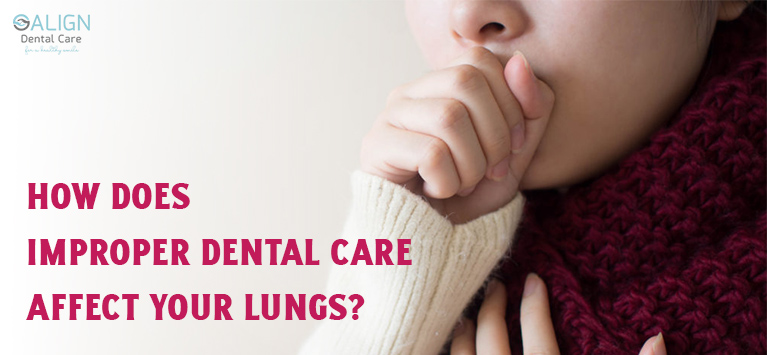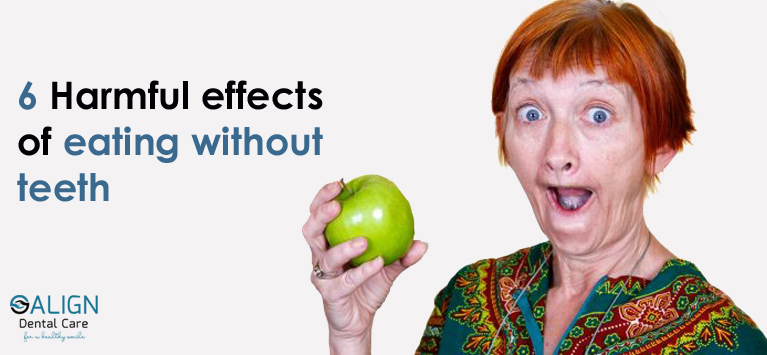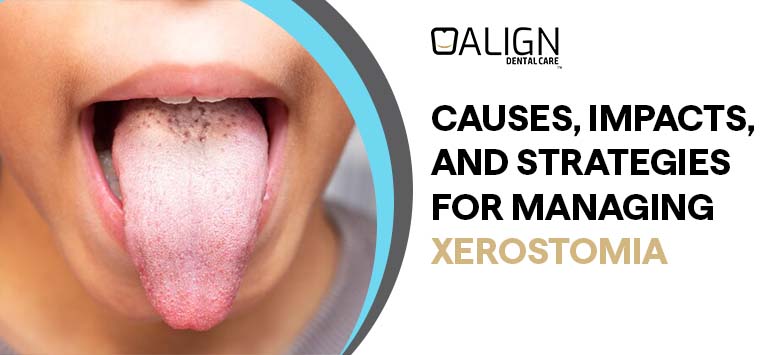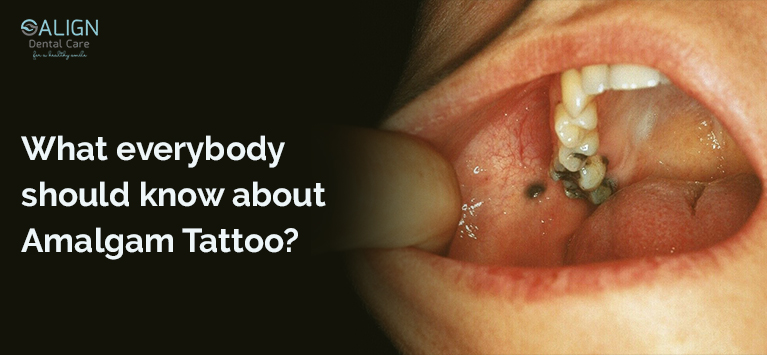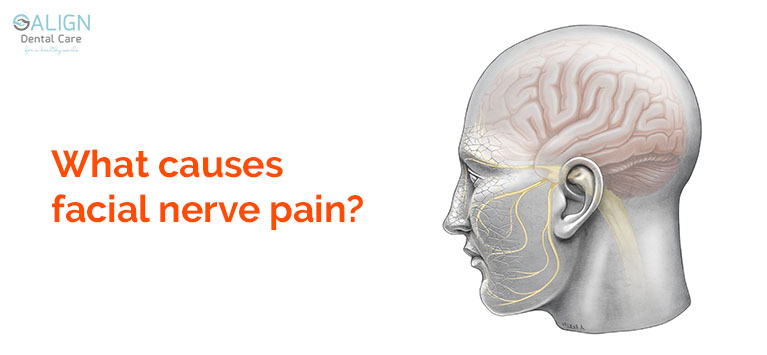
Why Does My Tooth Hurt When I Bite Down?
Have you ever felt a sharp pain in your tooth while eating or biting down on food? You’re not alone. Many people experience this kind of tooth pain, and it can be quite uncomfortable — especially when you’re trying to enjoy your favorite meal.
But why does your tooth hurt when you bite down?
The answer can vary depending on the cause. Sometimes, it’s something minor that can be easily treated, but other times it could be a sign of a deeper dental problem that needs professional attention.
Let’s look at the most common reasons behind this type of pain, how to identify them, and what you can do to find relief.
Table of Contents
1. Tooth Decay or Cavity
One of the most common reasons your tooth might hurt when you bite down is tooth decay. When bacteria in your mouth create acids that erode the enamel (the outer layer of your tooth), it can lead to cavities or holes in the tooth.
As the cavity gets deeper, it can reach the dentin — a sensitive inner layer that reacts to pressure, temperature, and touch. This is why you might feel a sharp or dull pain when biting down.
Symptoms of a cavity:
- Tooth sensitivity to hot, cold, or sweet foods.
- Visible holes or dark spots on your tooth.
- Pain when chewing or applying pressure.
What to do:
Visit your dentist as soon as possible. Small cavities can be treated with fillings, while deeper ones may need more extensive treatments like crowns or root canals if the decay has reached the pulp.
Also Read: Home Remedies for Tooth Cavities
2. Cracked Tooth
A cracked tooth can also cause pain when biting. Even a small, invisible crack can cause sensitivity or discomfort. Cracks often occur due to:
- Chewing hard foods (like ice, nuts, or candies).
- Teeth grinding (bruxism).
- Injury to the mouth.
- Large fillings that weaken the tooth.
When you bite down, the crack may open slightly, irritating the inner nerve of the tooth — causing sharp pain. Once you release the bite, the crack closes, and the pain may disappear temporarily.
Symptoms of a cracked tooth:
- Sharp pain when biting or chewing.
- Sensitivity to temperature.
- Pain that comes and goes.
What to do:
See a dentist right away. Early treatment can prevent the crack from spreading. Depending on the severity, your dentist might recommend bonding, a crown, or in severe cases, a root canal or extraction.
3. Dental Abscess or Infection
A tooth abscess is a pocket of pus caused by bacterial infection inside the tooth or gums. It’s usually a result of untreated cavities, gum disease, or trauma.
If you have an abscess, you may feel intense pain when biting down, because pressure increases the discomfort in the infected area.
Common signs of an abscess include:
- Throbbing pain that radiates to the jaw or ear.
- Swelling in your gums, cheek, or face.
- A bad taste in your mouth or bad breath.
- Fever or general discomfort.
What to do:
An abscess needs urgent dental care. Your dentist may need to drain the infection, prescribe antibiotics, and perform a root canal or extraction to remove the infected tissue. Ignoring it can cause the infection to spread and lead to serious complications.
4. Gum Disease (Gingivitis or Periodontitis)
If your gums are swollen, red, or bleed easily, you might be dealing with gum disease.
When gums become infected or inflamed, they can pull away from the teeth, creating pockets where bacteria collect. These bacteria can attack the tooth roots, making them sensitive to pressure.
That’s why your tooth may hurt when you bite down, even if the tooth itself is healthy.
Symptoms of gum disease:
- Red, swollen, or bleeding gums.
- Bad breath that doesn’t go away.
- Pain when chewing.
- Loose or shifting teeth.
What to do:
Early-stage gum disease (gingivitis) can be reversed with professional cleaning and good oral hygiene. However, advanced gum disease (periodontitis) may require deep cleaning, scaling and root planing, or even surgery in severe cases.
5. High Dental Filling or Crown
Sometimes, a dental filling or crown may be slightly higher than the surrounding teeth. When you bite down, this extra height causes uneven pressure, leading to pain.
This type of discomfort is often described as a sore feeling in the affected tooth or a sense that the tooth “doesn’t fit right” when biting.
What to do:
This is a simple fix — your dentist can adjust the filling or crown to even out your bite. The pain usually disappears immediately after correction.
6. Sinus Pressure or Infection
If you have a sinus infection or congestion, the pressure in your sinuses (which are located just above your upper teeth) can cause discomfort when you bite down.
The roots of your upper back teeth sit close to the sinus cavity, so sinus pressure can make those teeth feel tender or sore.
Symptoms of sinus-related tooth pain:
- Pain in multiple upper teeth (not just one).
- Pressure or fullness in your face or forehead.
- Nasal congestion or post-nasal drip.
- Pain that worsens when leaning forward.
What to do:
If the pain is due to sinus congestion, it usually improves once the sinus infection clears. However, if the pain persists or affects only one tooth, see a dentist to rule out dental issues.
7. Teeth Grinding (Bruxism)
Grinding or clenching your teeth — especially during sleep — can wear down enamel, crack teeth, or strain your jaw muscles. Over time, this can cause pain when biting or chewing.
You may not even realize you grind your teeth unless someone tells you, or you notice morning headaches and jaw soreness.
Signs of bruxism:
- Pain when chewing or biting.
- Worn, flattened, or chipped teeth.
- Jaw pain or stiffness.
- Headaches (especially in the morning).
What to do:
A dentist can fit you with a custom night guard to protect your teeth while you sleep. Stress management, proper sleep, and avoiding caffeine before bed can also help reduce grinding.
8. Tooth Sensitivity After Dental Treatment
Sometimes, after a filling, crown, or cleaning, you may feel temporary tooth pain when biting down. This is usually due to nerve irritation or gum inflammation from the procedure.
What to do:
This sensitivity is usually temporary and should improve in a few days. If the pain continues or worsens, visit your dentist to rule out complications like infection or high filling.
9. Impacted or Erupting Wisdom Tooth
If your wisdom teeth are coming in or haven’t fully erupted, they can push against nearby teeth, causing pressure and pain while biting.
In some cases, an impacted wisdom tooth (one that doesn’t fully emerge from the gum) can cause infection, swelling, and pain in surrounding teeth.
Symptoms include:
- Pain at the back of the mouth or jaw.
- Swelling or redness in the gums.
- Difficulty opening your mouth.
What to do:
Your dentist may take an X-ray to check the position of your wisdom teeth. Depending on the situation, they may recommend monitoring, cleaning, or extraction.
10. Root Canal Issues
If you’ve had a root canal in the past, and the same tooth hurts when you bite down, it might mean there’s an issue with the treated tooth.
This could be due to:
- A crack in the filling or crown.
- Re-infection in the tooth.
- Inflammation at the root tip.
What to do:
Schedule a visit with your dentist or endodontist. They can take an X-ray to check the root and treat the problem before it worsens.
When to See a Dentist
While mild tooth sensitivity might go away on its own, pain when biting down is not something to ignore. It’s your body’s way of signaling that something is wrong.
See a dentist immediately if you notice:
- Persistent or sharp pain when chewing.
- Swelling in your gums or face.
- Pain that wakes you up at night.
- Loose teeth or bleeding gums.
- Bad taste or pus in the mouth.
Prompt treatment can prevent minor problems from turning into major dental issues.
Home Remedies for Temporary Relief
If you can’t see your dentist right away, you can try these simple home remedies to manage pain:
- Warm saltwater rinse: Reduces inflammation and cleans the area.
- Cold compress: Helps numb pain and reduce swelling.
- Avoid hard foods: Stick to soft meals until the pain subsides.
- Over-the-counter pain relief: Medicines like ibuprofen can help reduce pain and inflammation.
- Maintain oral hygiene: Brush gently twice daily and floss to remove food debris.
Remember — these remedies only offer temporary relief. You’ll still need a professional dental check-up to treat the root cause.
How to Prevent Tooth Pain When Biting
Preventing dental pain starts with good oral care habits and regular check-ups.
Here’s what you can do:
- Brush twice a day with fluoride toothpaste.
- Floss daily to clean between teeth.
- Avoid chewing hard foods or using teeth as tools.
- Wear a mouthguard if you grind your teeth.
- Visit your dentist every 6 months for cleaning and examination.
These habits not only prevent pain but also protect your teeth from decay, gum disease, and infections.
The Bottom Line
If you’ve been asking yourself, “Why does my tooth hurt when I bite down?” — the reason could be anything from a small cavity to a cracked tooth or even gum disease.
Pain when biting is a sign that your tooth or surrounding tissues are under stress or infection. While home remedies may provide short-term comfort, the only way to fix the problem is through professional dental care.
So don’t ignore the pain — visit your dentist to find the exact cause and get the right treatment. The sooner you act, the easier it is to save your tooth and restore your comfort.
A healthy smile starts with attention and care — and listening to your body’s signals is the first step.








